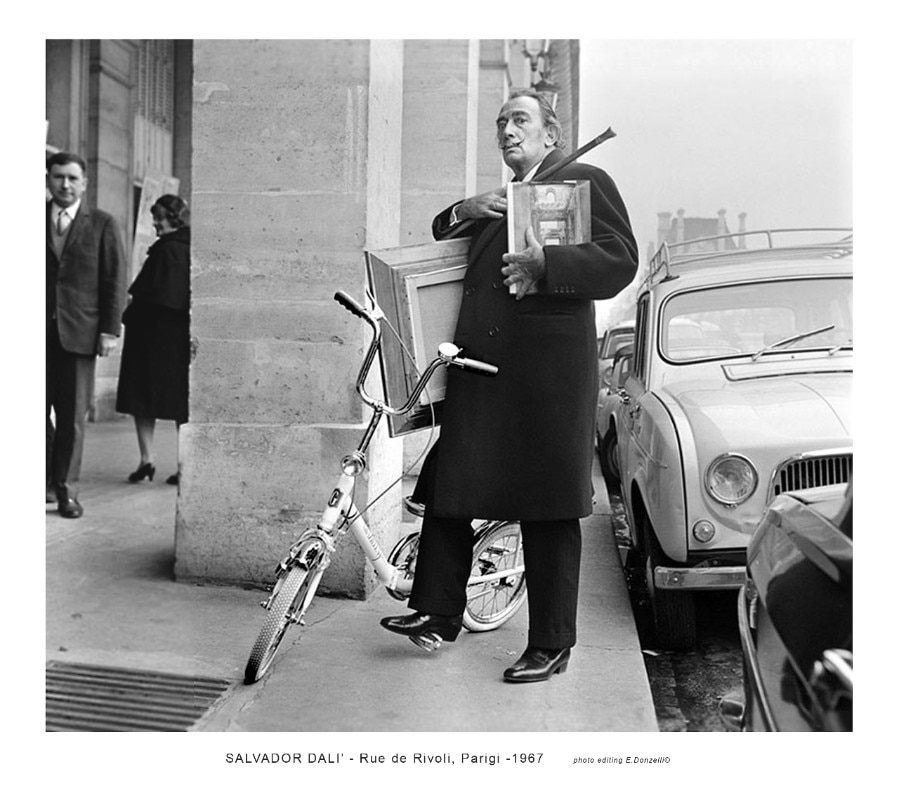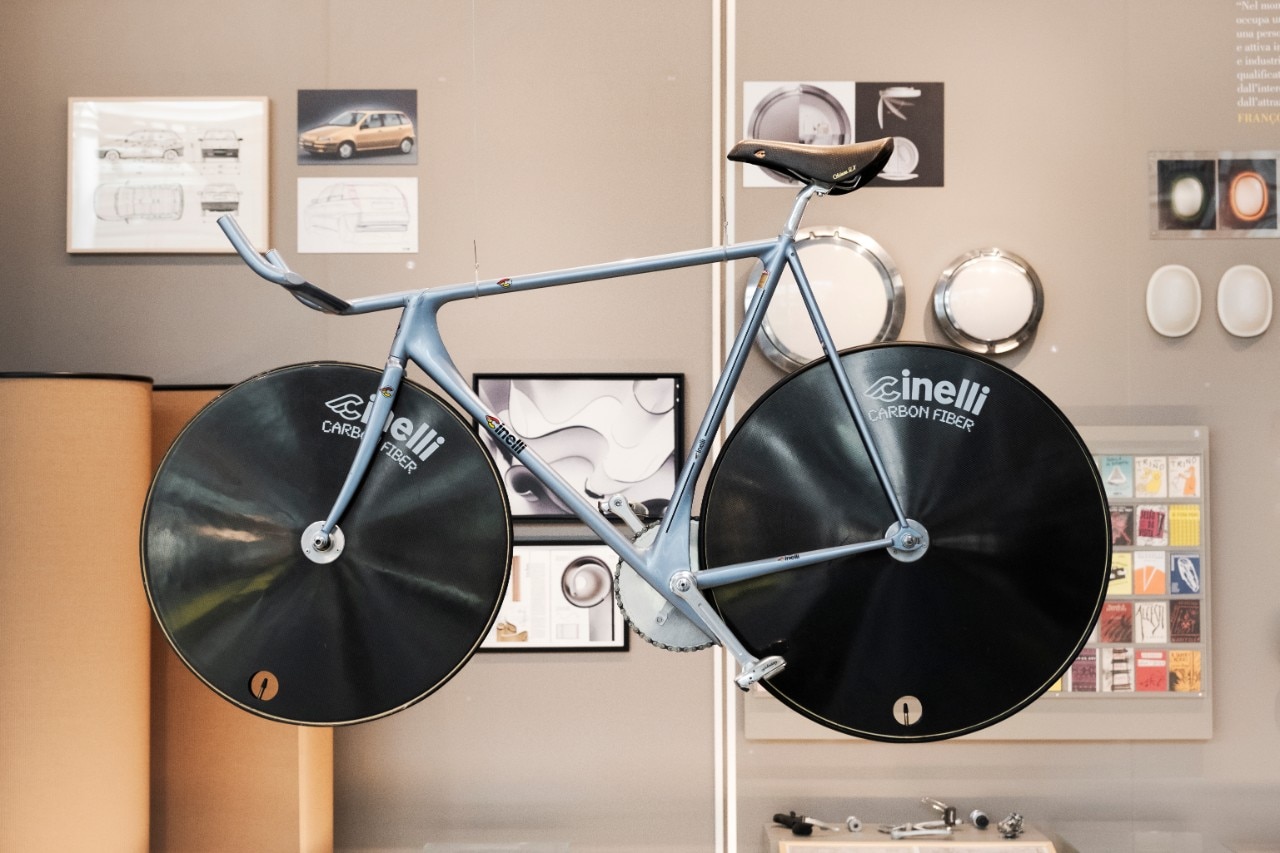Today, the bicycle represents the new era of sustainable development. Ecological, democratic, and healthy, over the years it has been elevated to a symbol of freedom, a tool of cultural change, and a pillar of innovation in contemporary mobility. Born in France and developed in Italy, the bicycle has marked significant milestones in European history, evolving from a simple mode of transportation into a sporting icon and a symbol of craftmanship, thanks also to designers who have reinterpreted, transformed it into sporting equipment, a lifestyle symbol, and a social phenomenon.
The exhibition Bicyclette: Another Tour Between France and Italy, curated by Nodesign and Matteo Ragni at the ADI Museum Design in Milan with the Institut français, offers a comprehensive overview of the evolution of bicycle design by engaging the production schools of the two countries, exploring the differences, similarities, and points of connection that have shaped the development of European cycling over more than a century.

In an effort to trace the creative and productive drive that has characterized its history, the exhibition will include the Cinelli Laser track bike by Colombo and Erzegovesi, winner of the Compasso d’Oro in 1991, the Veloce Campagnolo bicycle group, Compasso d'Oro 1994, the Zoombike folding city bike designed by Richard Sapper and Francis Ferrain, as well as electric bikes, cargo bikes, indoor cycling models, and new charging and parking systems, like Repower's stations.
Through models that marked crucial moments in the functional improvement of the bicycle, the projects on display reveal a variety of genres, styles, and design approaches to the world of cycling, from its origins to the most significant contemporary innovations. “The bicycle”, declared Matteo Ragni, curator of the Italian selection and exhibition setup, “has always been at the center of attention for inventors and visionaries. In this exhibition, we wanted to honor the models that have shaped generations, from the legendary pedal choppers to the first folding bikes, and the brands that have defined cycling history”, bringing it once again into the spotlight of a future oriented toward intermodality and sustainability.

The design of well-being according to Caimi
Two new products ensure the highest level of environmental well-being through acoustic insulation.

















